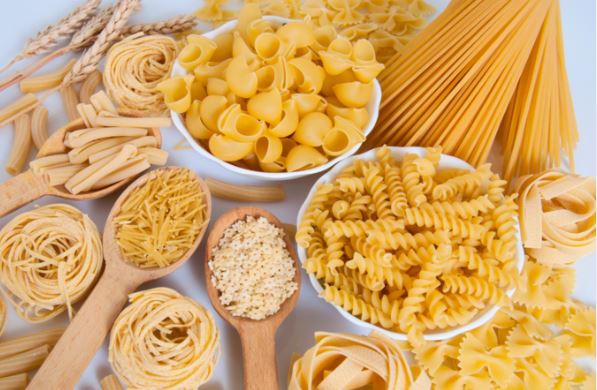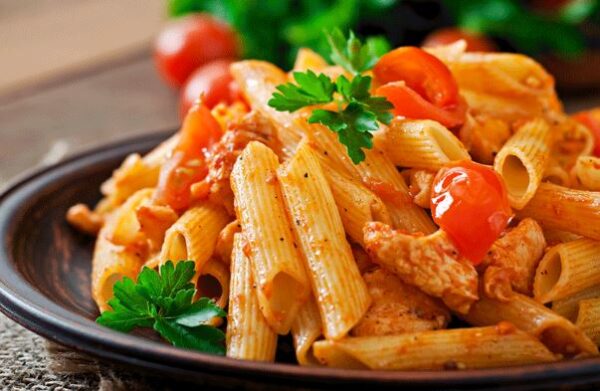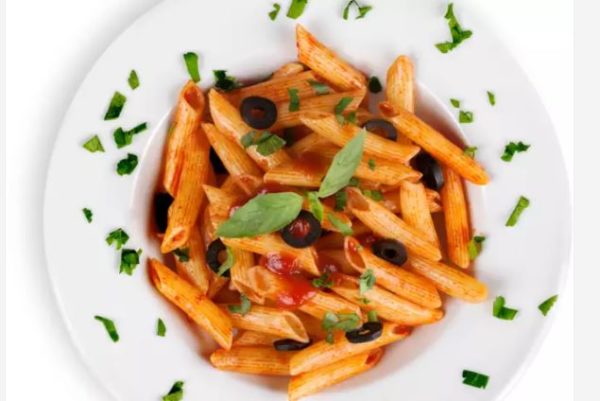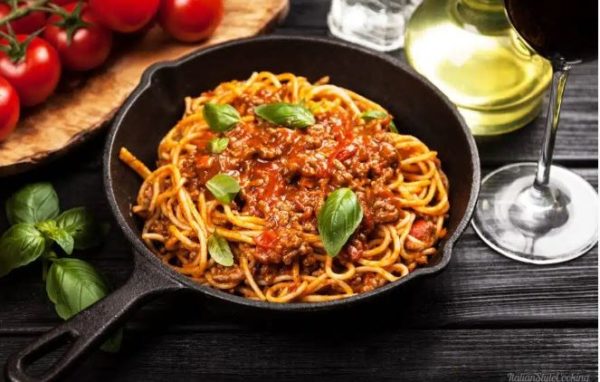Lifestyle
Is pasta really unhealthy or we are eating it wrong?

Pasta has long been a staple on dinner tables worldwide, loved for its convenience and comforting taste.
It has, however, also drawn criticism, frequently being characterised as a bad carbohydrate that ought to be avoided.
However, is pasta really as bad as it’s made out to be, or are there subtle differences in its nutritional makeup and cooking techniques that we have been missing?
Here are some arguments that will help us determine the real reason for pasta’s bad reputation.
Pasta is unhealthy, or not?
Because pasta is associated with carbohydrates, many people associate it with feelings of guilt and regret. However, pasta is acceptable in a well-balanced diet. Moderate pasta consumption may even help regulate the intake of fat and sugar, far from contributing to weight gain. It’s time to dispel the myth that pasta is always unhealthy and enjoy its potential as a nutrient-dense side dish.
Exploring pasta nutrition
Understanding the nutritional composition of pasta is essential for making informed dietary choices. Traditional pasta, made from white flour, offers a blend of carbohydrates and protein. Yet, the market now offers a plethora of alternatives, from whole-wheat to chickpea pasta, each with its own nutritional profile. While factors like taste and texture influence choice, being aware of the options allows for greater dietary flexibility and customisation.
Healthy pasta eating habits
The key to enjoying pasta while maintaining a balanced diet lies in portion control and preparation methods. By adhering to recommended serving sizes and incorporating fibre-rich vegetables and lean proteins, pasta dishes can be transformed into nutritious meals. Balancing flavours and textures ensures a satisfying dining experience without compromising on health goals. It’s not about avoiding pasta altogether but rather embracing it mindfully.
Enjoy pasta in moderation
Pasta doesn’t have to be banished from your plate. When consumed in moderation and paired with complementary ingredients, pasta can be a delicious and nourishing addition to your diet. Rather than viewing it as a dietary villain, let’s celebrate pasta for its versatility and culinary appeal. By making informed choices and savouring pasta in sensible portions, you can enjoy this beloved comfort food without guilt or hesitation.










